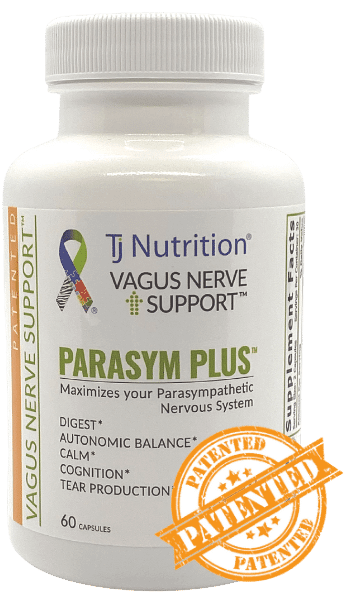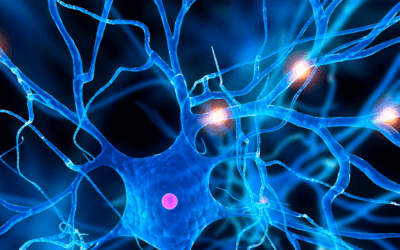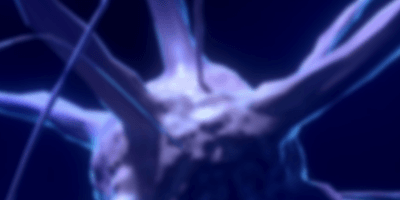The vagus nerve is the longest cranial nerve in the body and regulates both the heart and the digestive tract. Although spoken of as if it is one nerve, it actually includes both a right and left nerve. It is the “major chill” nerve of the body and allows you to relax. It regulates what we call the parasympathetic nervous system — the calming, relaxing system of the body.
If a bear is chasing you, you run — sweating, heart-pounding, and with an amazing amount of energy! That is your sympathetic nervous system (the “fight or flight system”) in action. Once the bear is gone, your body begins to calm down — your breathing and heart rate slow and you can relax once again. This is due to your parasympathetic nervous system (“the rest and digest” system). The major nerve involved in the parasympathetic nervous system is the vagus nerve.
The vagus nerve controls many functions essential to optimal health! Let’s look at some functions under control of this nerve.
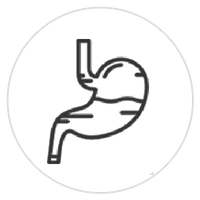
DIGESTION:
It controls almost every aspect of digestion. It is what allows your brain and gut to communicate with each other (this is called the “gut-brain axis”). When you smell food, the communication begins! The vagus nerve sends signals from the brain to the gut to prepare to eat! The act of chewing continues this communication so that your stomach, gallbladder, and pancreas can begin to prepare for the arrival of food. When food enters the stomach and intestines, the vagus nerve sends signals to the brain. This constant communication between the brain and the gut allows normal digestion and bowel movements.
It communicates directly with your gut to allow food to go down your throat when you swallow, and stool to go through your intestines (“peristalsis”). It tells the stomach when to release the stomach acid necessary for proper digestion, opens the valve at the bottom of the stomach, signals the gallbladder to kick out bile (to digest fat and protein), helps signal the pancreas (to release digestive enzymes), and allows normal bowel movements.
Maximal digestion and nutrient absorption depend upon proper vagus nerve function. If your gallbladder, for example, does not receive a signal from the vagus nerve, it does not release bile to allow you to digest fat and protein. Fat-soluble vitamins are not absorbed and nutrients from protein are not maximized. The gallbladder may be capable of working, but without that signal from the vagus nerve, it sits there quietly – not doing much! Communication from the brain to the gut and back again is essential for the complicated orchestration of optimal digestion and organ function.
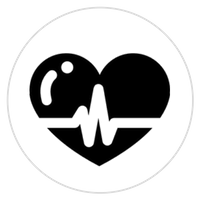
HEART RATE:
It helps slow a fast heart rate through its innervation at the sinoatrial node of the heart. It also helps to calm the heart rate and normalize heart rate variability.
It is part of the parasympathetic nervous system – the “Zen” system of the body. It allows the body to calm itself, and this includes calming a rapid heart rate. Without maximal vagus nerve and parasympathetic nervous system functioning, the body can remain in overdrive – unable to relax. The heart can be racing although there is no immediate threat (a sympathetic nervous system over response). The vagus nerve allows a balance between the sympathetic nervous system (that speeds the heart rate) and the parasympathetic nervous system (that slows the heart rate).
Balance is essential to feel our best!
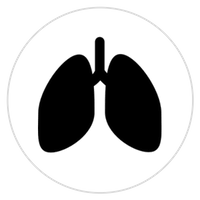
BREATHING:
It tells your lungs when it is time to breathe and communicates with the diaphragm to produce deep breaths. Deep, calming breaths are an essential component of almost every form of meditation or yoga. Proper vagus nerve support is necessary to allow this relaxing type of breathing.
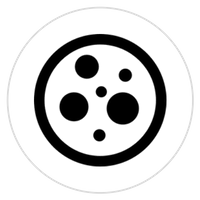
INFLAMMATION:
The body produces inflammation and inflammatory cytokines in response to injury, and the inflammation helps the body to heal. When the need for this elevated inflammation has passed, however, the vagus nerve is responsible for reducing this inflammation. It is the body’s “cholinergic anti-inflammatory pathway” and its function is critical to maintaining the balance of good inflammation (needed to recover from illness and injury) and bad inflammation (a chronic inflammation that can lead to chronic illness).
When you need inflammation when sick or injured it is a good thing. But if chronic, inflammation begins to do more damage. To turn off this dangerous inflammation, the vagus nerve steps in. Supporting your vagus nerve helps balance this inflammation.
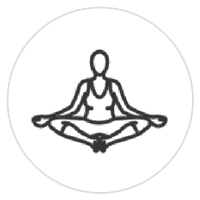
RELAXATION, CALMING ABILITY:
It initiates your body’s relaxation response. When under stress, your sympathetic nervous system (the “flight or fight” system) dumps stress hormones into your body. Your vagus nerve and parasympathetic nervous system release acetylcholine to calm down this stress response, allowing you to relax.
It’s the balance that is important! The vagus nerve allows you to achieve maximal balance in your autonomic nervous system. This ability to dodge and weave between too much or too little stress response is accomplished with this nerve.
Support your vagus nerve for optimal health.
Dr. Diana Driscoll has received three patents to date concerning vagus nerve support and the parasympathetic nervous system. Her ground-breaking findings are changing lives today.








